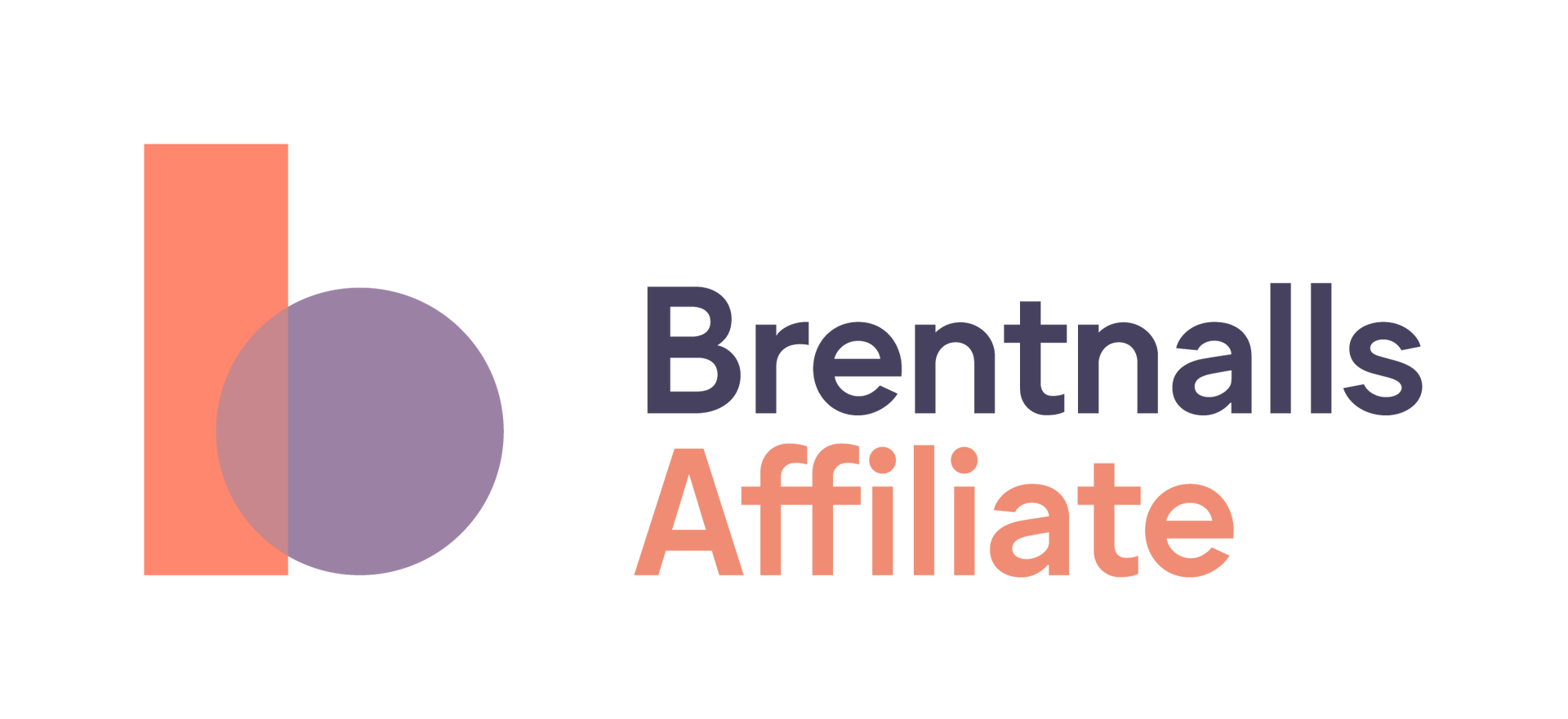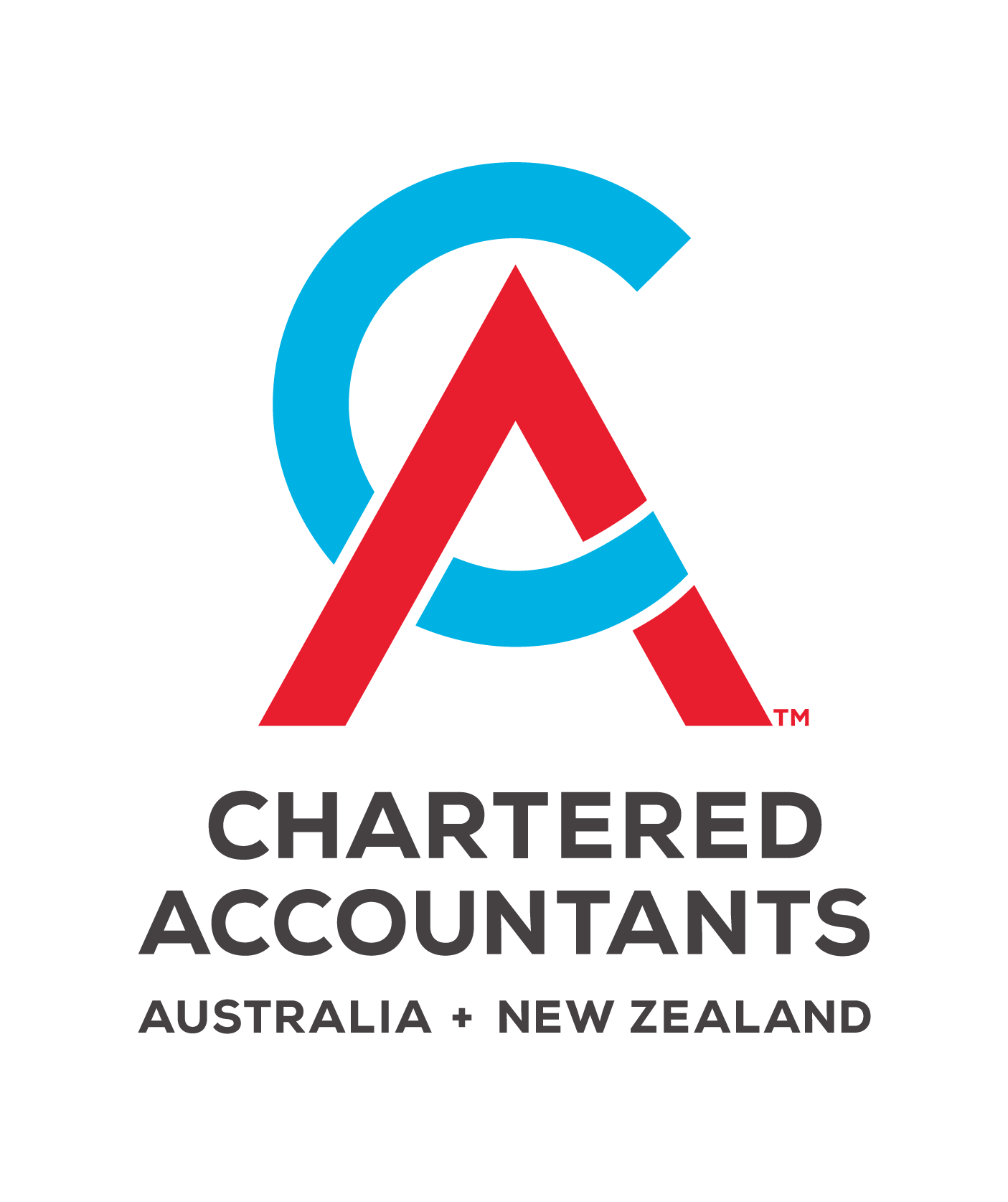Using alternative structures
for Doctors to minimise tax
One of the more common questions we are asked as accountants is how our clients should structure their affairs so as to minimise tax (i.e. maximise their after tax earnings).
Effective tax management is about ensuring you have appropriate structures in place, as well as keeping proper documentation, managing the timing of income / deductions, and ensuring you are attending to all tax planning opportunities before 30 June.
Structuring Considerations
When looking to use a structure for your business affairs, you will need to consider:
a) Tax Effectiveness
b) Protection of Assets
c) Ability to bring on new owners of the business
d) Cost & Complexity of your structure
e) Any restrictions on structures from your professional regulations
In many cases, people who are earning income which is not from employment (such as from a business, investment, etc) may use an alternative structure such as a trust or company to generate profits.
In these cases, as business or passive investment profits are generated, the owners of the business can determine how business or investment profits are either retained or distributed within their ownership group, for the best commercial and tax outcomes.
Use of Service Entities
Where a medical practitioner or group of medical practitioners are generally conducting a business (i.e. a practice), it is very common (and acceptable) to have a Service Entity in place to provide all the administrative and facility services, and that entity generates a profit from doing so.
That profit can legitimately be spread across the family group to lower the tax payable.
Personal Services Income (PSI)
There are certain circumstances where use of alternative structures to minimise tax is limited or indeed prohibited – and one of the main areas is with people earning professional income, such as doctors.
The Personal Services Income (PSI) rules work to ensure that for income that is being produced mainly due to an individual's personal skills or effort, it is ultimately taxed in the hands of that individual – i.e. you can't just have a structure, you must have a commercial purpose.
Under the PSI regime, a number of tests need to be satisfied on an annual basis to determine whether the strict guidelines for dealing with PSI need to be adopted in that particular tax year. Doctors may or may not satisfy these tests based on their own personal and practice circumstances, and may pass in one year, but fail in another, so annual consideration of these tests is vital.
Whilst in our experience with Doctors, the income earned may not always be required to adhere to the PSI rules, as they pass the 'Unrelated Clients Test' (you receive income from two or more unrelated clients (i.e. patients)) and no more than 80% of your income comes from the one client/patient, for doctors who are doing locums or operating as associates in a practice (without being owners), it is pretty clear that the income is personal and any trust or company structures must see income ultimately reported by and taxed in the hands of the doctor.
There is a high chance that trusts and companies in these circumstances are just adding cost and complexity, not value!
Part IVA Tax Avoidance and Incorporated Medical Practices
We find that many clients mistakenly believe (or are advised) that if they satisfy the PSI tests and their income is not deemed to be PSI, this gives them the freedom to use different structures to avoid tax.
Unfortunately, the ATO will apply a strict interpretation to their anti-avoidance provisions (known as Part IVA) to deny any such tax benefit.
In 1988, the ATO released Tax Ruling IT2503 "Incorporation of Medical and Other Professional Practices". This Ruling provides guidance on when a medical practice may use a company or trust structure, with some very clear restrictions.
In essence, the rules act in such a way that there is little or no tax benefit in earning your professional income through an alternative entity, as compared to if you had earned it in your individual name.
Unfortunately in many cases we come across, clients have not complied with the requirements and have had their tax returns prepared incorrectly.
In these circumstances, we have had to work with our doctor clients to ensure their returns have been prepared correctly, and also to wind up any entities which have been created which are providing no benefit but costing money each year to maintain.
Review
Brentnalls SA are specialists in tax, accounting and business advice for medical practices and practitioners and have many years of experience working with doctors throughout Australia to ensure their structures are appropriate, their taxes are legitimately minimised and their wealth maximised and protected. If you would like further information, please call one of our Brentnalls Health Accounting Specialists.
Discuss Further?
If you would like to discuss this, please get in touch.
Disclaimer
The information provided in this information sheet does not constitute advice. The information is of a general nature only and does not take into account your individual situation. It should not be used, relied upon, or treated as a substitute for specific professional advice. We recommend that you contact Brentnalls SA before making any decision to discuss your particular requirements or circumstances.



